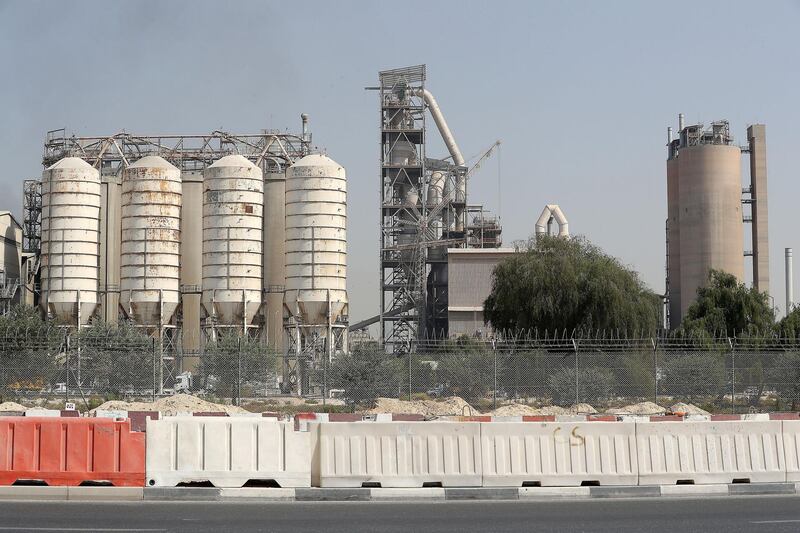Dubai is an icon among the fastest growing economies in the region and the world, said Sheikh Hamdan bin Mohammed, the Crown Prince of Dubai and Chairman of the Executive Council about a new competitiveness report.
The emirate ranks first in the Arab world and fourth worldwide in the ‘economic performance pillar,’ ahead of Canada, Japan, Singapore and Hong Kong and European Union countries except Luxembourg, according to the ‘Dubai Competitiveness Report 2018,’ issued by the Switzerland-based IMD World Competitiveness Centre in co-operation with the Dubai Competitiveness Office of the Department of Economic Development.
The rankings across a range of economic indicators show that Dubai is closing the gap with the world’s most competitive economies in line with the vision of Sheikh Mohammed bin Rashid, the UAE Vice President and Ruler of Dubai, Sheikh Hamdan said in a statement issued by the Dubai Media Office on Saturday.
Dubai's global competitiveness and economic performance was driven by the development strategy it adopted over the last few decades and genuine public-private sector partnership, he said.
The emirate represented a unique combination of ambitious people and a pioneering government with the private sector as the government’s strategic partner, Sheikh Hamdan said.
Within the Arab region, Dubai led on several indicators including direct inward investment flows and tourism receipts.
The report reflected that Dubai ranked first among Arab nations and ninth globally in direct investment flows inward at 6.42 per cent of the GDP, ahead of the US, Australia, Canada, Germany, France and China.
The emirate also ranked second in the Arab world and twelfth globally in foreign direct investment abroad at 4.51 per cent of the GDP.
The emirate placed first globally in both gross domestic savings and employment growth, and second in export of goods, low unemployment rate and youth unemployment.
The Dubai government viewed competitiveness as a lifestyle with a focused approach towards sustainability in a changing international environment.
Oil and gas now account for less than two percent of Dubai’s GDP compared to around half of its share in the 1980s.
Economic diversification contributed to 72.2 per cent of the total economic growth achieved last year. Dubai ranked eighth in the world for diversification of the economy, ahead of developed economies like Switzerland, Japan, France and the United Kingdom.
The service sectors mentioned in the report cover land, sea and marine transportation, warehousing, wholesale and retail trade, foreign trade, housing and foods.
_______________
Read more:
Exclusive: Dubai Internet City aims for 10% growth in quest to become ‘Mena Silicon Valley’
UAE digital revolution picks up speed
Total connection: the best co-working spaces in the UAE
_______________
The emirate was also looking ahead the future with the launch of the Dubai Blockchain Strategy that made it the first government in the world to conduct all transactions through the future network, and achieve efficiency of government transactions in economic sectors.
Innovation is given top priority with the aim to turn Dubai into a global hub across segments from education and health.
The Dubai Competitiveness Report 2018 has been described as the first of its kind in the region and compares Dubai with 63 economies across the world based on 346 competitiveness indicators of the World Competitiveness Yearbook.
The report analyses competitiveness indicators in different sectors and their implications on policy development. It also provides frameworks for public and private sector decision-making in Dubai to formulate strategies to promote economic growth.






